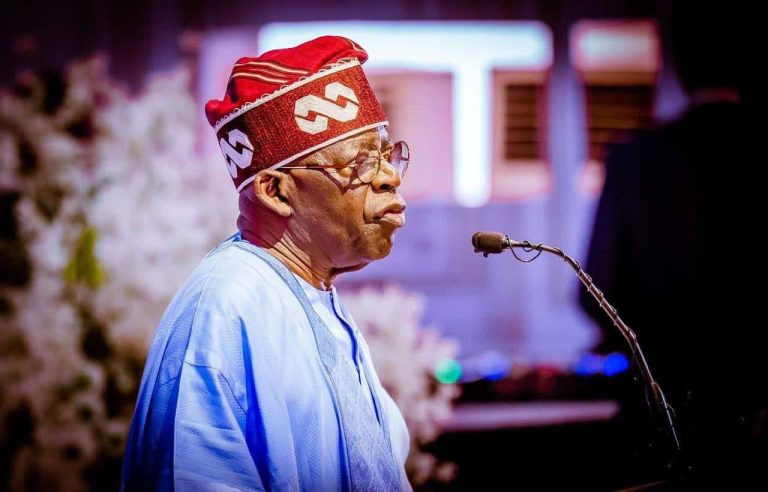By Henry Uche
Founding National Secretary, Alliance for Democracy (AD), Prof Udenta O. Udenta, has called on President Bola Tinubu to urgently re-constitute his cabinet and incorporate elements within the organised political opposition and civic groups.
He said as former presidents, Olusegun Obasanjo, did in 1999 and Umar Yar’Adua in 2007, the outcome of such an arrangement will not be a coalition government or a government of national unity but a way of re-building political trust and
The don urged the president to also convene a meeting with the nation’s leading civil society lights with the primary purpose of working out modalities for mainstreaming civic concerns and strategic agendas into governance programming.
Prof Udenta cautioned that anybody who tells President Tinubu he can continue to govern as he is doing does not mean well for him and the long suffering Nigerian people.
Part of his statement read: “Hunger stalks the land like the proverbial wounded lion, nasty, unrelenting and unrepentant. The end hunger protests is a child of compelling historical circumstances, a dialectical response to the excruciating material condition of not just the masses but virtually all societal strata with the exception of the 10%.
“Unless hunger is mitigated, poverty reduced, prices of staple food items crashed significantly, inflationary pressures lowered, Naira depreciation reversed and the prices of petroleum products made within the reach of the people, the nation should expect more hunger protests in the nearest future, higher in intensity and range than the just concluded ones. As Karl Marx so powerfully put it, a time will come when the working people will have nothing to lose but their chains. Such a time is now upon us in Nigeria.”
He said President Tinubu’s national broadest may not have met the expectations of large segments of society though he admitted that the people are hurting and he has heard their cry, loud and clear.
Prof Udenta observed that the Igbo non-participation in the protests, which in itself was a form of protest against the Nigerian state, was a vexatious matter that requires rigorous interrogation and negotiation, “so that Igbo people can continue to play their very important role in the conversation about the future direction of the country and their place in it. Defeated in war, structurally disadvantaged and excluded from the commanding heights of the nation’s institutional designs, the Igbo, particularly, the elite have been caught between the rock and a hard place. “Historical romanticisation of the dawning of a neo-Biafran eldorado has gripped the imagination of millions of its youth and Diaspora communities, and with Nnamdi Kanu still inexplicably rotting away in detention while bigger threats to the survival of the nation state freely roam the land, the regrettable contemporary Igbo attitude is – To hell with all this.”
